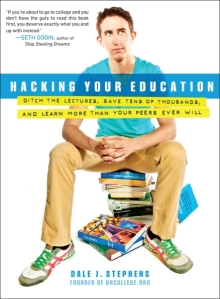THE INTERNET IS OFF AGAIN 8:00 AM. : The Internet went out again. All the lights were lit up as they should appear on my modem. The blue light for the Internet was lit on my router. All was well with the world except the Internet would not work. Modem doesn’t work again this morning, Thursday, December 19, 2013. Unplugged, rebooted, waited 20 seconds, tried all the stuff you’re supposed to try. Hooked the modem directly to the computer, no router attached. Next move, the REFRESH.
Called Comcast technical support, asked for a modem refresh –not able to send a refresh rate message comes back, and I’m sent to TECHNICAL SUPPORT immediately. The last time, two days ago, when the Internet went out, the Internet signal intermittently did get through every 45-50 seconds before it went off, so it looked like we had signal, it seemed a whole lot harder to deal with. So, this time got Dianna, quickly. She sounds Spanish, easy to understand. I ask for technical support to come to the house right off the bat, but Dianna asks to run diagnostics. After about 45 minutes, and several recycles she gets the modem working.
She says that if we continue to send signals from Comcast it could ruin my modem. She believes that there are STRONG POWER SURGES coming into the house causing the modem to go into STANDBY. She asks me if the modem is a Motorola. She says that an ARRIS modem would work better, they almost never have a problem with them. I say that I’ve been looking at the ARRIS. She doesn’t go as far as suggesting that I rent the Comcast modem. She explains that the ARRIS modems are built to deal with electrical current better than other brands.
Dianna also said to get something to modulate the power. Something on Reddit that I have to read. What’s the difference between upstream power and downstream power? I’ll check those stats in my modem software page. Been having a problem with an intruder in Gmail and a few minor annoyances. Guessing that’s a coincidence. How unlikely is it that someone would attack a cable modem? I’m scratching my head here. Moving on. Will read reddit page again.
Dianna has explained each step that she has taken and why she has taken it. Part of the solution for Comcast is better customer service. Dianna is a better customer service representative than the last four to five male representatives I’ve had to deal with. In fact, the ARRIS female representative was better than those five males that I’ve dealt with in the last 30 days or so.
POWER SHUTDOWN: As if on que, at 9:38 AM, the house power has flashed off and on, shut down my computer and the lights in the entire house have flashed off and on. A few moments later, and a resiet, and the modem is back up but the orange link light is flashing so that means the connection is slower. The blue solid light is gone, forever? grrrrh.
Next step: Go to reddit to read about a power modulator? Buy an Arris modem?




